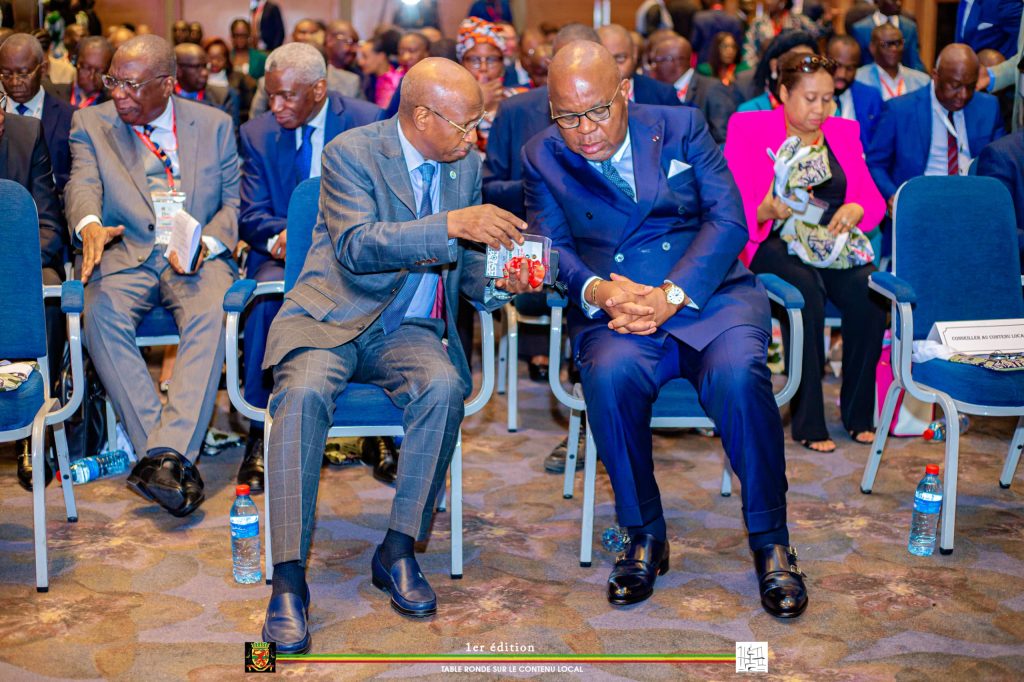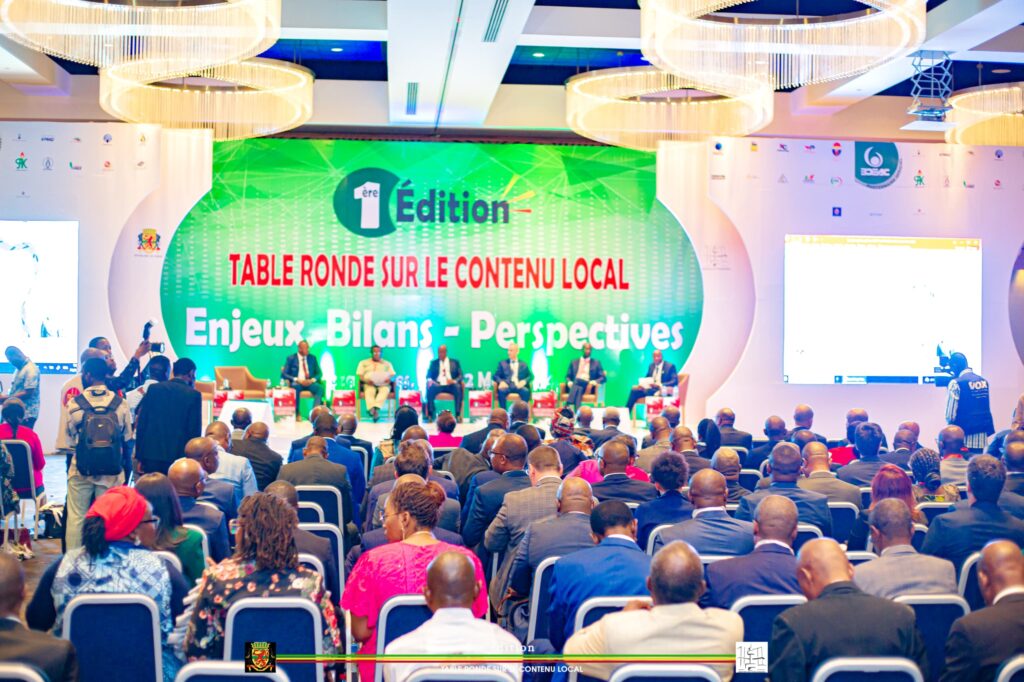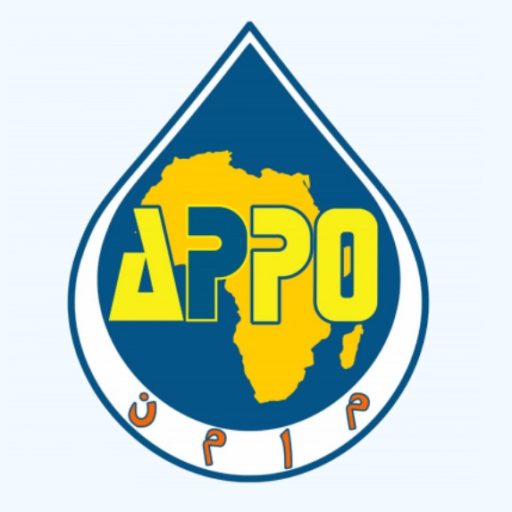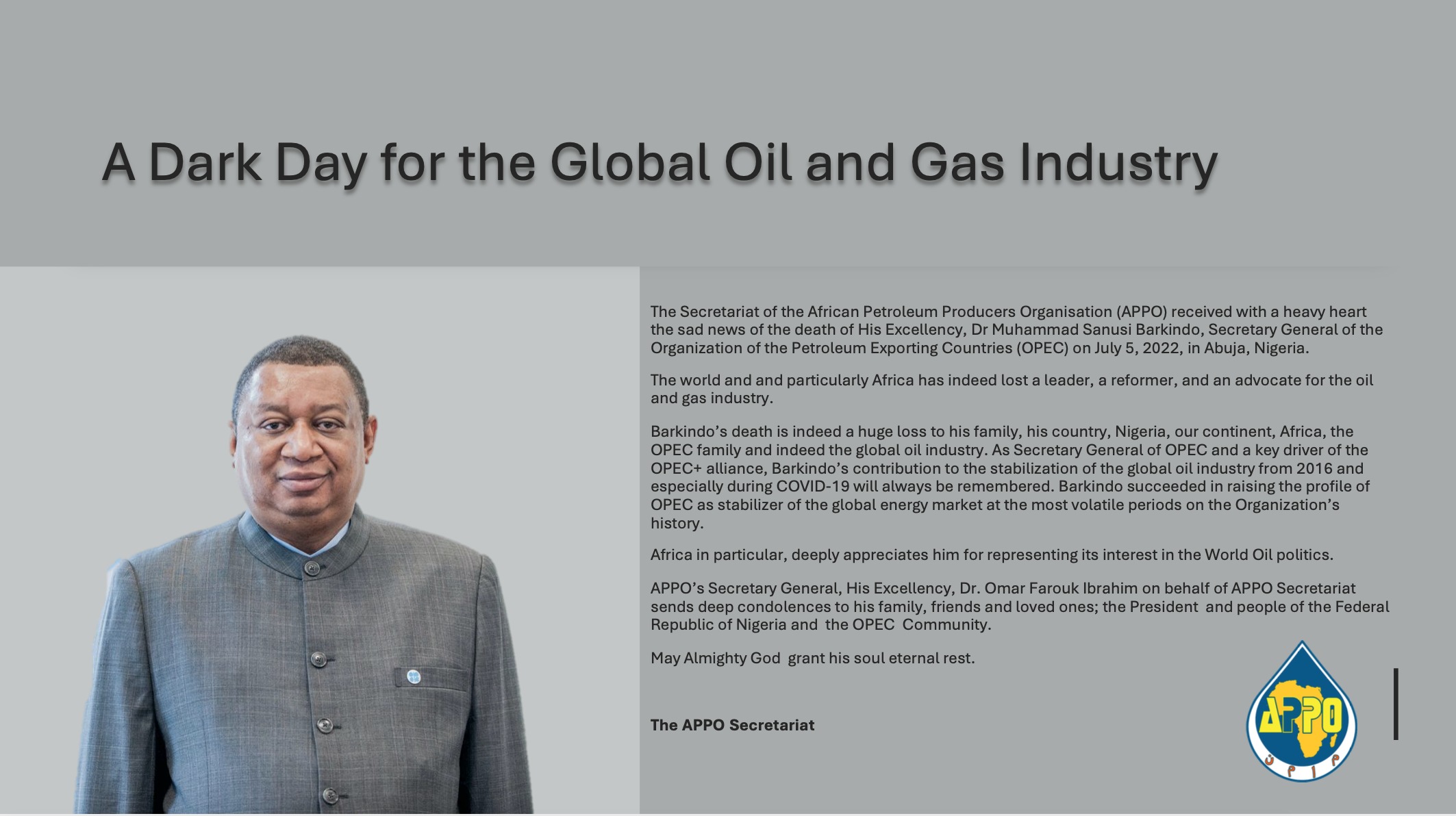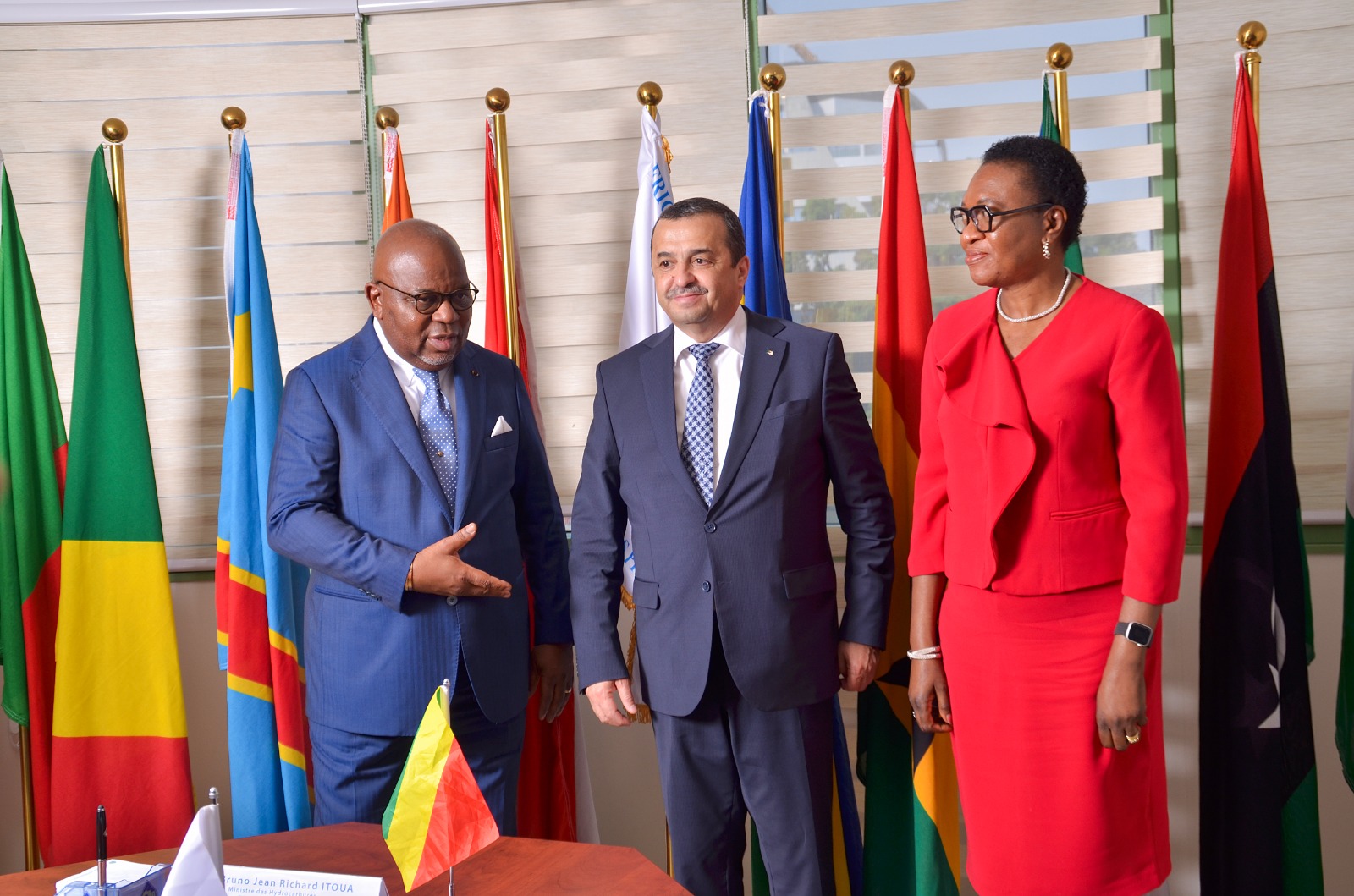Being Goodwill Message from Dr. Omar Farouk Ibrahim, Secretary General, African Petroleum Producers Organization, APPO, to the 1st edition of Oil and Gas Local Content Roundtable with the theme: Implementation of Local Content in the Oil and Gas Sector in Congo: Challenges and Opportunities, Radisson Blu Hotel, Brazzaville, 21-22 March 2024
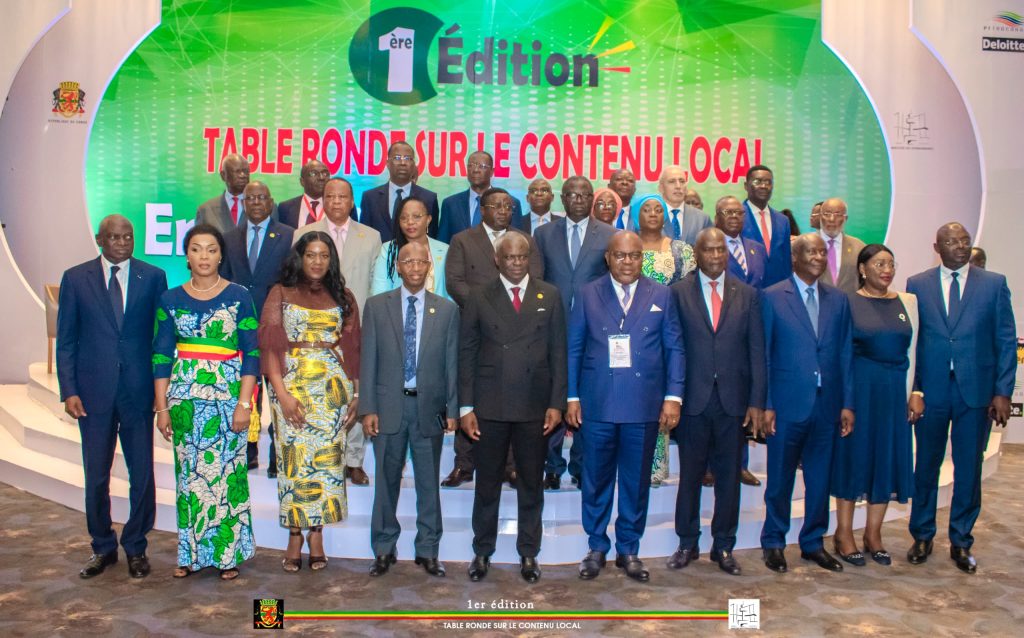
Your Excellency Anatole Collinet Makosso, Prime Minister, Head of the Government and Special Guest of Honour at the first edition of the Local Content Roundtable, Excellency Bruno Jean Richard Itoua, Minister of Hydrocarbons of the Republic of Congo and APPO host Minister,
Ministers of the Republic of Congo here present,
Other APPO Ministers here present,
Mr. Dieudonne Batsimba, Deputy Mayor of Brazzaville,
Mr. Raoul Maixent Ominga, the CEO of SNPC, and Member of the Forum of CEOs of APPO NOCs,
Mr. Dieudonne Evou Mekou, President of the Development Bank of Central Africa, BDEAC,
Madam Sarah Rihane Sockath and her team who coordinated this important and what promises to be a very successful event,
I cannot fail to recognize two people in this audience, whose contributions to the cause of the African oil and gas industry are worth emulating by all. I wish to recognize the indefatiguable voice of the African oil and gas industry, Mr. NJ Ayuk.
NJ, Thank you for coming, even though I know that you had no choice but to come having received an invitation from a doyen of our industry, Mr. Bruno Jean Richard Itoua.
Thank you Nick Odinuwe for the positive role being played by the Petroleum Technology Association of Nigeria under your leadership to the development of not just Nigerian Local content but also supporting other African countries.
Distinguished ladies and gentlemen
I would like to express the appreciation of APPO to Minister Bruno Jean Richard Itoua and his team at the Ministry of Hydrocarbons for the invitation to this maiden edition of the Republic of Congo, Oil and Gas Local Content Roundtable with the theme : Implementation of Local Content in the Oil and Gas Sector in Congo: Challenges and Opportunities.
Excellencies ladies and gentlemen, the timing of this roundtable for Congo and indeed Africa could not have been better, considering the developments taking place on the global energy scene especially since the Paris Climate Agreement of 2015, where world leaders, including our own leaders, went and signed agreements to end fossil fuel use ostensibly to address climate challenges.
That agreement has led to the enactment of policies, especially in the developed countries that are championing energy transition, that seek to undermine the development of fossil fuel resources including training, research, development and innovation in oil and gas; as well as investments in the industry, particularly in our continent.
The implication of these developments for African countries that are blessed with oil and gas resources is that, sooner than later, we risk losing these resources. Not because they will disappear from our grounds or seas, but because the technology to exploit them will not be available to us as those on whom we have for ages depended for the exploitation have decided to transit away from fossil fuels.
Africa cannot allow over 120 billion barrels of proven oil reserves and over 650 trillion SCUF of gas to waste because those on whom we have been depending for the technology to exploit these resources have decided to abandon it. For us to be able to continue to benefit from these God-endowed resources, we have no choice but to quickly master the technology of the industry. And that is why I started by saying that this roundtable is timely.
I would like to note that similar roundtables are held in other APPO Member Countries including Nigeria, Ghana where they have, by law, created agencies to promote local content in oil and gas. I commend all APPO Member Countries that are championing this laudable cause.
But I also have some of advice for them. For many nationals of oil and gas producing countries, particularly the business community, local content starts and ends with legislations that favor nationals in the procurement of goods and services. So, what we see is the emergence of many indigenous oil and gas service companies whose main focus is supplying goods and sometimes services to the industry. For the governments, local content legislations are also meant to provide jobs to their nationals. These are good objectives and should be encouraged. But for the long term survival of the industry in the continent, local content strategy should focus more on mastering the technology of the industry, upstream, midstream and downstream. We should focus on oil and gas research and development. We should focus on innovation and fabrication of oil and gas industry tools and equipment. We should focus on high end training of key industry professionals.
These are the challenges that the global energy transition has thrown to the African oil and gas industry.
A major study conducted by APPO established that even though some African oil and gas producing countries have made some progress in mastering the industry, there is no one country that can claim to have mastered all the sectors of the industry. All are still heavily dependent on non-African sources, from IOCs to service companies.
The study also showed that Africa has all it takes to master the technology of the industry if African countries pool resources together for the common good of all.
It is this conviction that informed APPO’s decision to work towards the establishment of regional centers of excellence in oil and gas research, development and innovation.
In APPO we believe that the solution to the local content in our member countries lies in greater collaboration, especially in the fields of technology and finance.
As you may all be aware, we have reached advanced stage in the establishment of the Africa Energy Bank, which will go a long way in promoting local content in the oil and gas industry on our continent.
I urge all stakeholders to give the us the required support to make the AEB a huge success in the face of challenges from those who believe that Africa’s resources if only good for export.
We need to continue exploiting our energy resources for the good of our own people.
I thank you all for your kind attention.

